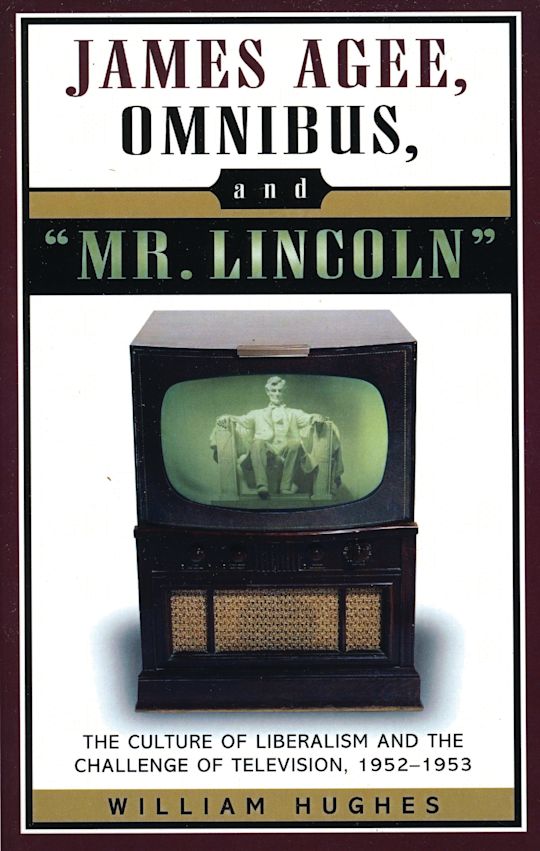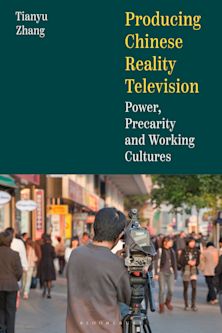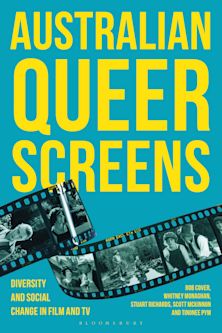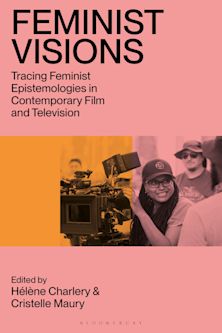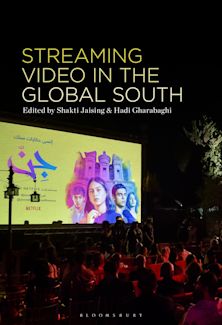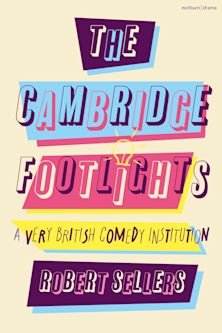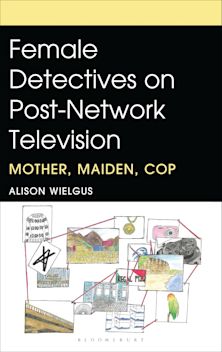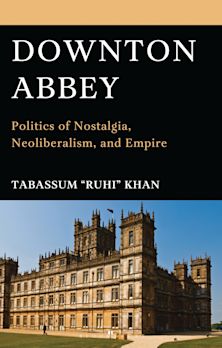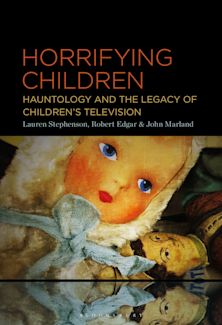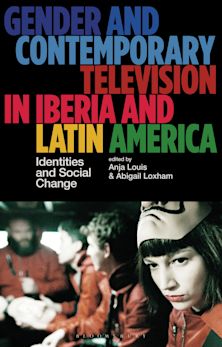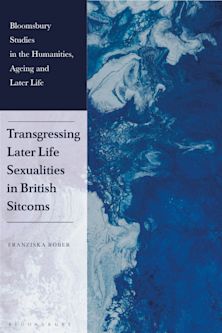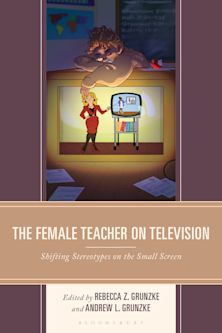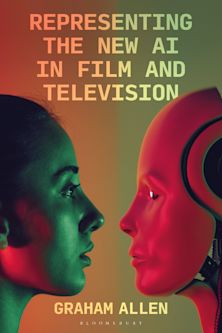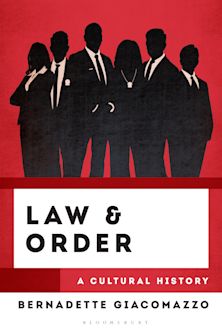- Home
- ACADEMIC
- Film & Media
- Television
- James Agee, Omnibus, and Mr. Lincoln
James Agee, Omnibus, and Mr. Lincoln
The Culture of Liberalism and the Challenge of Television 1952-1953
James Agee, Omnibus, and Mr. Lincoln
The Culture of Liberalism and the Challenge of Television 1952-1953
This product is usually dispatched within 3 days
- Delivery and returns info
-
Free US delivery on orders $35 or over
You must sign in to add this item to your wishlist. Please sign in or create an account
Description
In 1952 CBS, in conjunction with the Ford Foundation, launched Omnibus, a remarkable experiment in television. The objective was to raise the programming standards of an emerging medium that figured to profoundly influence American life. The centerpiece of Omnibus during its inaugural season was "Mr. Lincoln," a series of five films about the early life of our foremost political icon. James Agee, the distinguished American author, was the principal creator of "Mr. Lincoln." At the time, his scripts were hailed as 'the most beautiful writing ever done for television," and even today Agee's characterization of Lincoln remains " among the finest-perhaps the finest-film about Abraham Lincoln ever made."
Regrettably, this important and sensitive work, a revealing expression of American culture at mid-century, has been consigned to the archives and has not been available to the public for many years. Author William Hughes aims to keep alive Agee's neglected masterpiece, placing "Mr. Lincoln" in the context of the period's prevailing ideology (Cold War liberalism) and conveying the institutional framework in which the work originated. In addition, Hughes takes into account Agee's personal experiences, his social and political views, and his related writings (for and about film), all of which came into play when he reworked the Lincoln legend for the television age. Based on extensive archive research and an interview with Norman Lloyd, who directed the five films, this book fully documents the cultural and historical importance of "Mr. Lincoln."
Table of Contents
Chapter 2 Acknowledgments and Permissions
Chapter 3 1. Ideological Context: James Agee and Cold War Liberalism
Chapter 4 2. Institutional Context: The Ford Foundation and Omnibus
Chapter 5 3. Words and Images: "Mr. Lincoln" from Conception to Reception
Chapter 6 4. Afterword: Reflections on the Making of "Mr. Lincoln"
Chapter 7 Appendix A: Narrative and Ideology in "Nancy Hanks"
Chapter 8 Appendix B: Budgeting "Mr. Lincoln"
Chapter 9 Appendix C: "Mr. Lincoln" Cast and Production Credits
Chapter 10 Bibliography
Chapter 11 Index
Chapter 12 About the Author
Product details
| Published | Aug 02 2004 |
|---|---|
| Format | Paperback |
| Edition | 1st |
| Extent | 188 |
| ISBN | 9780810851757 |
| Imprint | Scarecrow Press |
| Dimensions | 8 x 7 inches |
| Series | Studies and Documentation in the History of Popular Entertainment |
| Publisher | Bloomsbury Publishing |
About the contributors
Reviews
-
An interesting and historical account of early US television, this volume brings back one of the era's excellent programs and one of the finest treatments of Lincoln ever aired - a television experience lost to present-day audiences....Highly recommended. Lower-division undergraduates through faculty and professionals; general readers.
Choice Reviews
-
When Agee agreed to write a five-part script for the infant television industry's series Omnibus, he had to work within his own and his society's ideological and institutional conflicts. His product had to satisfy the crude orthodoxy of McCarthyism and meet the expectations of his patrons to attract and inspire the middlebrow middle-class. How Agee interpreted the image rather than the fact of Lincoln for a Cold War audience (which was also dealing with the shadow and substance of the Civil War) is a study in how artists can honor their own integrity under conditions of accommodation.
Reference and Research Book News
-
Hughes has written an indispensable cultural study. He situates Omnibus and Agee himself in the context of political and corporate ideologies of the 1950s. . . . [A] fine historical and critical analysis of 'Mr. Lincoln.'
Jeffrey Couchman, author of Night of the Hunter: A Biography of a Film
-
A thorough and truly excellent account of Omnibus' place in the Ford Foundation's cultural Cold War.
Anna McCarthy, associate professor of cinema studies at NYU; author of The Citizen Machine: Governing By Television in 1950s America









